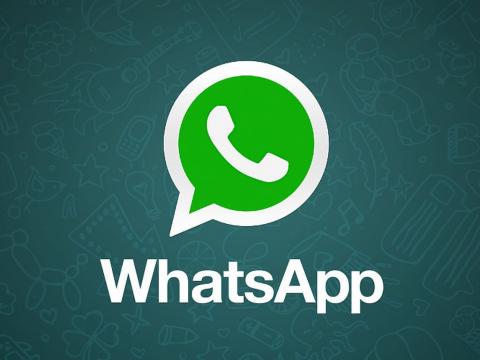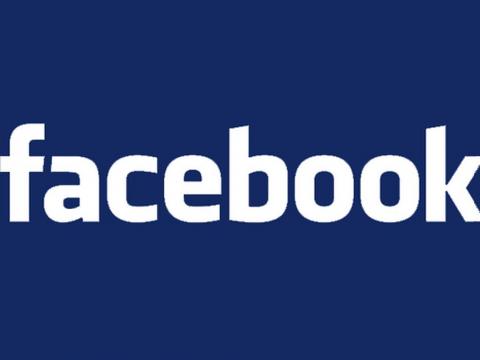By Kemo Cham
After repeated denial, Sierra Leone has finally put in motion a controversial plan to control social media.
Officials behind the move say the trend of social media “misuse” poses a national security threat. They say they are concerned about the use of unprintable images as well as pornography.
They also point at people using social media platforms to launch personal attack on senior government officials.
But critics have damned the move saying it only intends to stifle free speech, dismissing it as a futile attempt.
The National Telecommunications Commission (NATCOM) is spearheading the plan. Last week it convened a “consultative meeting” that brought together various stakeholders in the telecommunications industry, including operators, lawmakers and security officials to discuss how to go about the plan.
“We are talking about invasion of privacy. We are talking about incitement. We are talking about immorality and all of it,” Abdul Kuyateh, Director of Consumer and Corporate Affairs at NATCOM, tells Politico.
He says children who use social media are exposed to prohibited materials which are distributed indiscriminately.
The telecoms regulator also says that it has already solicited and received assurances of support from the two social media platforms of major concern to government - Facebook and Whatsapp.
Momoh Conteh, Chairman of NATCOM, reportedly told the meeting held on September 27 that government intended to take serious action against social media misuse. He however said the idea was not to block or ban social media.
Conteh also said the Africa regional office of Facebook, which also owns Whatsapp, had promised to work with them to track down violators of its codes of usage.
“It is now time for users to take responsibility for their actions and posts on social media…” he said.
The consultative forum held at the Bintumani Hotel in Freetown was attended by representatives of the police and the military who also expressed concerns over the “increasingly problematic” phenomenon of cyber crime.
Francis Keili, Director of Planning at the Office of National Security, said despite the amazing opportunities social media offered for growth and development, it also imposed serious issues governments in Africa needed to look into such as cyber bullying, crimes against children, risk of fraud and identity theft.
The Chinese way
But despite the denial of the intention to stifle free speech, conflicting statements from government officials appear to suggest otherwise.
For instance, Deputy Information Minister, Cornelius Deveaux, a vocal proponent of the idea of controlling social media, said government would stop at nothing to prevent misuse of it.
“If it causes us to use the China way, we will use it,” Deveaux was quoted saying.
Facebook remains blocked in China since 2009, after the Chinese government moved on to stop activists seeking independence for the northwestern Chinese territory of Xinjiang.
The same is true for the search engine, Google.
“While it is not our wish to stifle free expression, we are also mindful of our responsibility as a government to ensure that the fundamental rights, especially the part that deals with privacy of individuals, are respected,” Deveaux added.
However, critics of the government’s plan say it’s only another level of a deliberate clampdown on freedom of expression.
With African Governments having learned from the experience of the Arab Spring when activists used social media to mobilise opposition against repressive regimes, critics say that is what worries the Sierra Leone government especially with crucial elections in 17 months.
Executive Director of the Society for Democratic Initiative, Emmanuel Saffa Abdullai says the move is just a nonstarter. He said besides the lamentable “backward” trend such a move would put Sierra Leone’s democratic journey on, it’s realistically impossible to achieve it.
Government, he argued, should be thinking of reviewing the criminal libel law and not to bring further legislation that seeks to muzzle free expression.
Abdullai also laughed off suggestions that Facebook had agreed to help the Sierra Leone authorities track down people found to be wanting for alleged social media abuse. He said the social media group had not even cooperated with the FBI in the US, let alone Sierra Leone.
“I think it’s just small mindedness. People think so little sometimes, thinking that because they control Sierra Leoneans in the manner in which they have been doing they can just control anything.”
Internet Exchange Point
Sierra Leone currently has no specific laws governing the use of social media. The government has however used existing laws to prosecute cases relating to alleged social media abuse.
In April last year, a man was put on trial and jailed on charges of insulting President Ernest Bai Koroma on Whatsapp, according to an Amnesty International report.
In 2014, another man was charged with libel over remarks directed at then Vice President, Samuel Sam-Sumana.
Presently a magistrate court in Freetown, presided over by Binneh Kamara, is hearing a case involving charges of incitement, defamatory libel, publication of false news and insulting conduct against the Minister of Works and Infrastructure, Kemo Sesay. The accused, Abdul Ajasco Bangura, is said to have made the publications on Whatsapp.
Abdullai says while social media has, admittedly, its own ramifications, it has broadened the political landscape and civic participation, and fears this action by the government will reverse that.
“When you come out with a law blazing to control social media you basically send a chilling effect out to the public that you cannot now go on Facebook and Whatsapp and criticise government” he says.
NATCOM said it would publish its regulations in two weeks time to be presented to the minister of information and communication, for onward presentation to cabinet.
A cabinet paper will result into a policy, which will make the basis for a legislation, according to Kuyateh.
And as part of this mega plan, the telecoms regulator says plans to establish an Internet Exchange Point (IXP) in the country are at an advance stage.
An IXP is the infrastructure through which internet service providers and content delivery networks exchange internet traffic.
Kuyateh says the exchange point will also provide a platform wherein they will be able to do some kind of monitoring. He explains that certain key words will be monitored and when reportedly used they will be flagged and action taken against the person.
Copyright (c) Politico 2016










